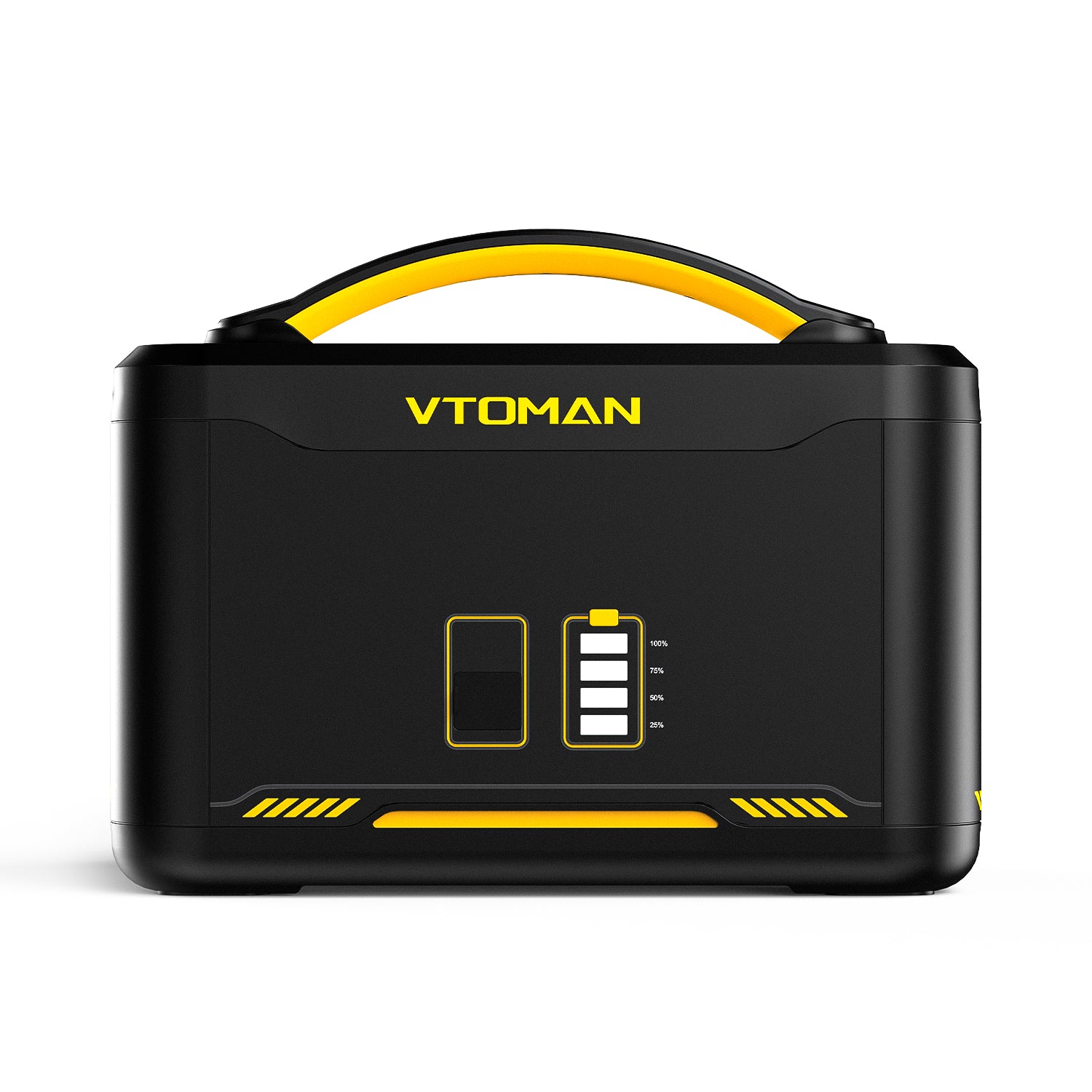As the world continues to move towards a more sustainable future, the demand for efficient and reliable energy storage solutions has never been greater. Advances in battery storage technology have played a crucial role in meeting this demand, not only in industrial settings but also in various non-industry applications. In this article, we will explore the latest innovations in battery storage solutions for non-industry applications and their potential impact on our daily lives.

Enhancing Renewable Energy Integration
One of the key areas where advances in battery storage solutions have made a significant impact is in enhancing the integration of renewable energy sources into the grid. Renewable energy, such as solar and wind, is inherently intermittent, making it challenging to match supply with demand. Battery storage systems provide a solution by storing excess energy during periods of high generation and releasing it during times of low generation or high demand.
For example, in remote areas where grid connectivity is limited, battery storage systems can store excess energy generated from solar panels during the day and supply it to households during the night. This not only ensures a continuous power supply but also reduces reliance on fossil fuel-based generators, leading to a cleaner and more sustainable energy ecosystem.
Revolutionizing Electric Transportation
The transportation sector is another area where advances in battery storage solutions have had a transformative impact. Electric vehicles (EVs) are becoming increasingly popular as a greener alternative to traditional internal combustion engine vehicles. However, the limited range and long charging times of early EV models posed significant challenges to their widespread adoption.
With advancements in battery technology, the range of EVs has significantly increased, allowing for longer journeys without the need for frequent recharging. Additionally, fast-charging technologies have emerged, enabling EVs to be charged in a matter of minutes rather than hours. These developments have not only improved the convenience and practicality of EVs but have also contributed to reducing greenhouse gas emissions and dependence on fossil fuels in the transportation sector.
Empowering Off-Grid Communities
In many parts of the world, especially in rural and remote areas, access to reliable electricity is still a luxury. Battery storage solutions have the potential to change this by empowering off-grid communities with a sustainable and affordable source of power.
Microgrids, powered by a combination of renewable energy sources and battery storage systems, can provide electricity to off-grid communities. These microgrids can be tailored to the specific needs of the community, whether it's powering homes, schools, or healthcare facilities. By harnessing the power of advances in battery storage solutions, these communities can improve their quality of life, enhance educational opportunities, and drive economic development.
Enabling Disaster Resilience
Advances in battery storage solutions have also proven to be invaluable in enabling disaster resilience. In the face of natural disasters or grid failures, battery storage systems can provide a reliable backup power source, ensuring critical services and infrastructure remain operational.
For example, hospitals can rely on battery storage systems to power life-saving medical equipment during power outages. Similarly, emergency response centers can maintain communication systems and coordinate relief efforts with the help of battery storage solutions. By providing a resilient and independent source of power, battery storage systems contribute to the overall preparedness and response capabilities of communities in times of crisis.
Advances in battery storage solutions for non-industry applications are revolutionizing the way we generate, store, and utilize energy. From enhancing renewable energy integration to empowering off-grid communities, these innovations have the potential to create a more sustainable and resilient future. By embracing these advancements, we can move closer to achieving a world powered by clean and reliable energy.








